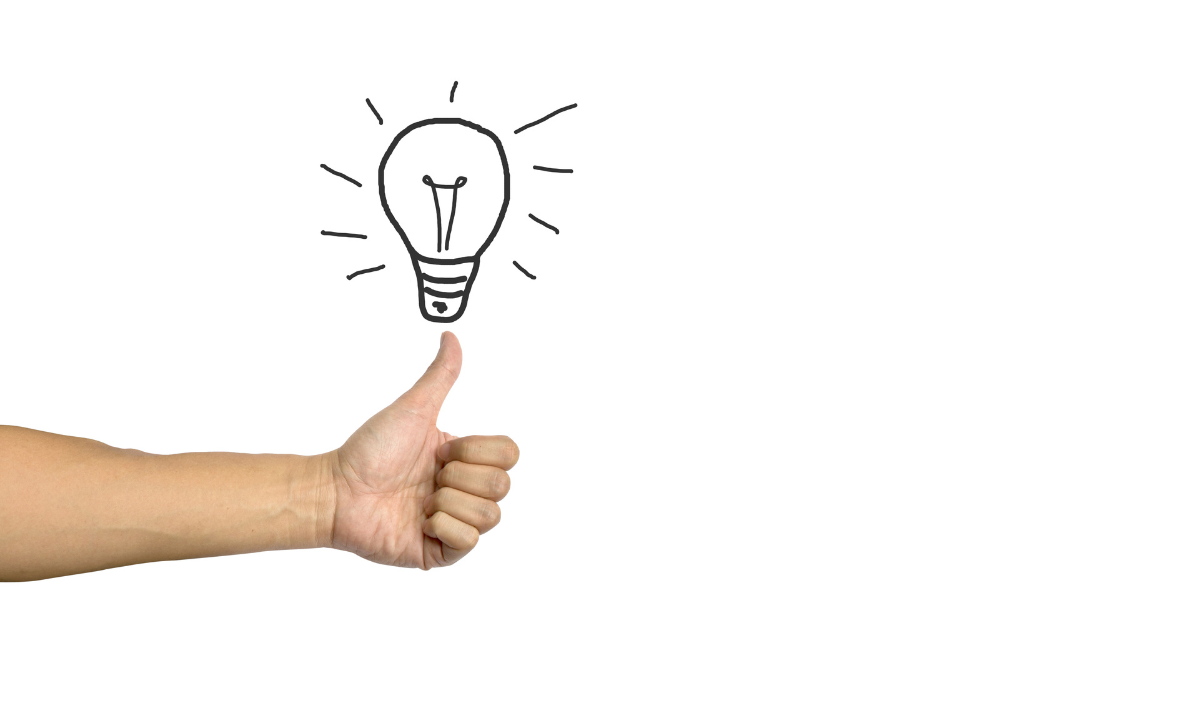Written by Kirk Laughead
If you’ve not seen the new Netflix documentary The Social Dilemma, then you need to watch it immediately. It really shows how social media has gone well beyond what it appears to be on its face, which is a place to meet, socialize, and connect with others. The harsh reality is that we are all being manipulated in a manner far more devious than the old subliminal messages that advertisers used to insert into music and movies.
The Social Dilemma shows how social media giants like Facebook have finally figured out how to monetize their product. That product is not information, pictures, or commercial marketing, but users. You are the product, and you are being sold to companies that want to sell you products, services, and ideology.
Much of it is relatively harmless, other than the occasional dopamine crashes because you have exhausted your brain’s supply. This can result from all of those little triggers they provide like when someone “likes” a post you made. Or better yet, when a friend tags you and you get a burst of excitement and can’t wait to see what it is. The best one is when you see that someone is typing a comment and you get that sense of anticipation like someone is about to provide some recognition. Those do have very real physiological and psychological impacts. This can lead to addiction and real withdrawal when you are unable to get your digital fix.
But the real danger is that—in this battle for share of your mind—they are actually engineering a special and unique experience that is tailored just for you. It is part of their attention extraction business model. They do all these things to keep you on their platform longer and to interact more and to get more of your friends involved in that interaction. It’s the way they grow business and profits.
As you are posting, commenting, liking, and sharing, they are compiling so much data on you that they know you better than you know yourself. They use your demonstrated interests to provide you more of the same to chum to retain your attention as long as possible. Then they cue up ads that their algorithms have indicated you might be interested in.
But the content they put in your newsfeed is not always harmless. Many users had never heard of QAnon, a conspiracy theory group that was fed into their newsfeeds with such prevalence that many people started following it and now are being ridiculed as tinfoil hat-wearing conspiracy theorists. Some media outlets have even referred to them as being violent.
Yet, the only reason many of them even knew about it was because Facebook put it in their feed. But that’s not the worst part. By doing this, they have created an environment where we have no shared common experience. Because all of the content is precisely tailored to your interests, what you see is not what I or anyone else sees. It’s your world all to yourself, but they don’t tell you that.
A good example of this variation is the information source Wikipedia. It’s mostly a fixed script so what you see is what I see. We can discuss this objectively because it’s a common frame of reference and perspective, but all of the other social media experiences are constructed specifically for the user.
Perhaps you ask friends and family—or just random people on Facebook—if they see the stuff you’re seeing. The answer is often no, they don’t—and you don’t see what they see. That is part of why there is so much division in the country.
They are allowing this anger to happen so they can make money. It’s what is causing this sense of civil war. But they don’t care because they are making big bucks. The worst part is that they know this and are still doing it. Per the documentary, they knew it when they started it, but chose to proceed anyway.
The good news is they can change it and fix it. Hopefully before we all kill each other. But they won’t until we demand it or stop using their platforms. It may be time for the government to step in and demand meaningful reforms that would force these tech giants to end these practices that have such a divisive impact on our society.




